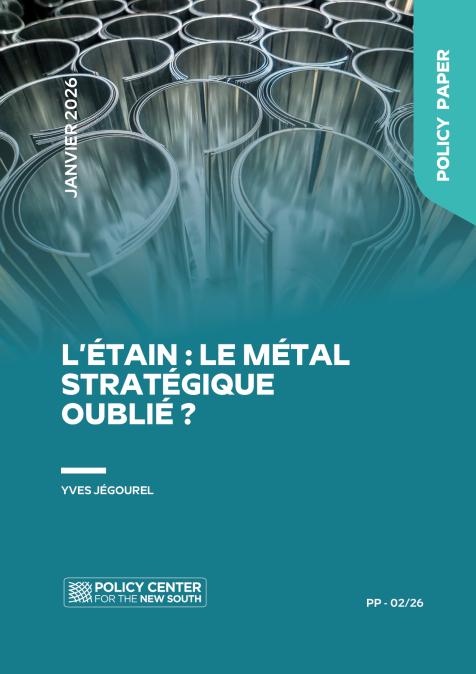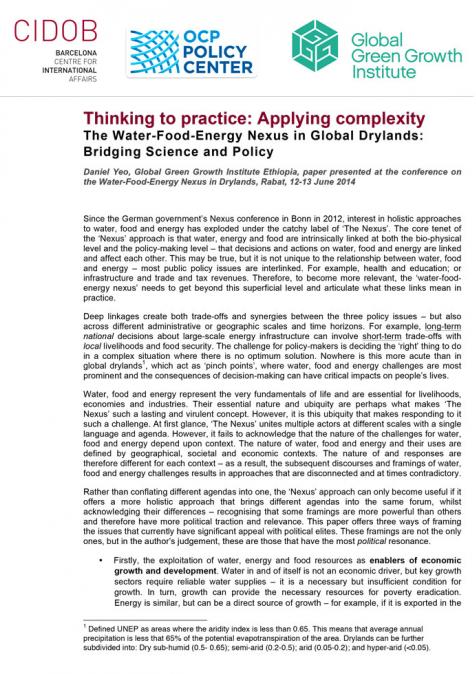Expert:
Publications /
Opinion
L’impératif de sécurisation des approvisionnements en ressources minérales stratégiques est au cœur des politiques publiques de réindustrialisation nord-américaine et européenne. L’essentiel des efforts porte toutefois sur les métaux de l’électromobilité (lithium, cuivre, nickel, cobalt, manganèse, graphite) ou sur ceux indispensables à certaines hautes technologies (gallium, germanium, antimoine, etc.) et ayant fait l’objet de restrictions aux exportations de la Chine qui en est, souvent, le premier pays producteur. À l’inverse, peu d’attention semble avoir été accordée à l’étain alors que ce métal revêt, lui aussi, une importance stratégique majeure. Une étude, commandée en 2018 par Rio Tinto au Massachussets Institute of Technology (MIT), mais non publiée, place ainsi l’étain en tête des ressources minérales qui seront déterminantes pour les nouvelles technologies. Il est notamment incontournable pour les soudures des cartes électroniques et joue donc un rôle central dans l’ère numérique. Signe de l’étroitesse de son marché mais également des tensions et de l’intensité des dynamiques spéculatives qui le parcourent, ses cours sur les marchés de Londres et de Shanghai se sont envolés en 2025 et sur les premiers jours de 2026, atteignant ainsi des records historiques. Or, son offre primaire reste concentrée sur un nombre réduit de pays, avec certaines mines localisées dans des zones de conflit et/ou de nature illégale. Les enjeux associés tant à la sécurité des approvisionnements en minerai « responsable » qu’au développement du recyclage sont, en conséquence considérables dans les pays importateurs. Pourtant, si les États-Unis, le Canada ou le Royaume-Uni considèrent l’étain comme un métal stratégique, tel n’est pas le cas pour l’Union européenne.




